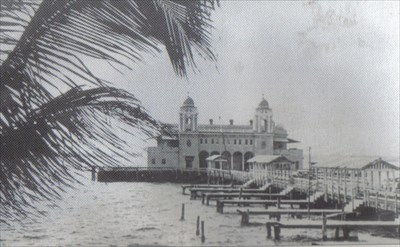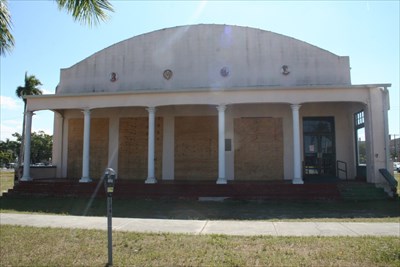One unexpected diversion was that I read a call in January O'Neil's blog for the Massachusetts Poetry Festival's Bad Poetry Contest, the six "winners" of which would have their poems read by America's expert on bad poetry, Steve Almond. By the way, I wish to offer Jan congratulations on what appears to have been a hugely successful event which she co-organized. I know how much work those kinds of events take, and it impressed me, right up there with the O Miami! Poetry Festival last month, as being one of the big to-dos in poetry this year.
Now mind you, bad poetry contests have the same kind of cache for some writers as does the more famous Bulwer-Lytton contest, in which fiction writers try to outdo one another by writing the worst possible first sentence to a story. There are bad poems, stuff written by the casual and affected poets, and then there are bad poems, written by practitioners who should know better.
So I shot off a very old poem from my files, just to answer Jan's call and to give her enterprise a little support from afar. And making Steve Almond read dreck is always my idea of a good time. Happy day, about two weeks later, I received notice that my poem was one of the six lucky "winners." Since the ceremony and reading took place yesterday, I feel free to share my work with you here.
This is a poem I wrote way back in the late 70s, when I was probably a sophomore in college, still under the influence of Richard Brautigan and Jonathan Richman and the Modern Lovers.
She's so
My baby,
She's so spastic.
She's got epilepsy.
Whenever
She has a grand mal,
I put my finger
in her mouth.
My baby,
She's so spastic.
What makes it bad, in my book, isn't the offensive subject matter, but its utter earnestness. The speaker here, if you think about it, is totally accepting of his beloved's malady, and he is even willing to sacrifice one of his digits in the event of an episode (naturally this is an unwarranted and unwise gesture, but isn't that the way of love?).
Bad Jim, very bad Jim.







